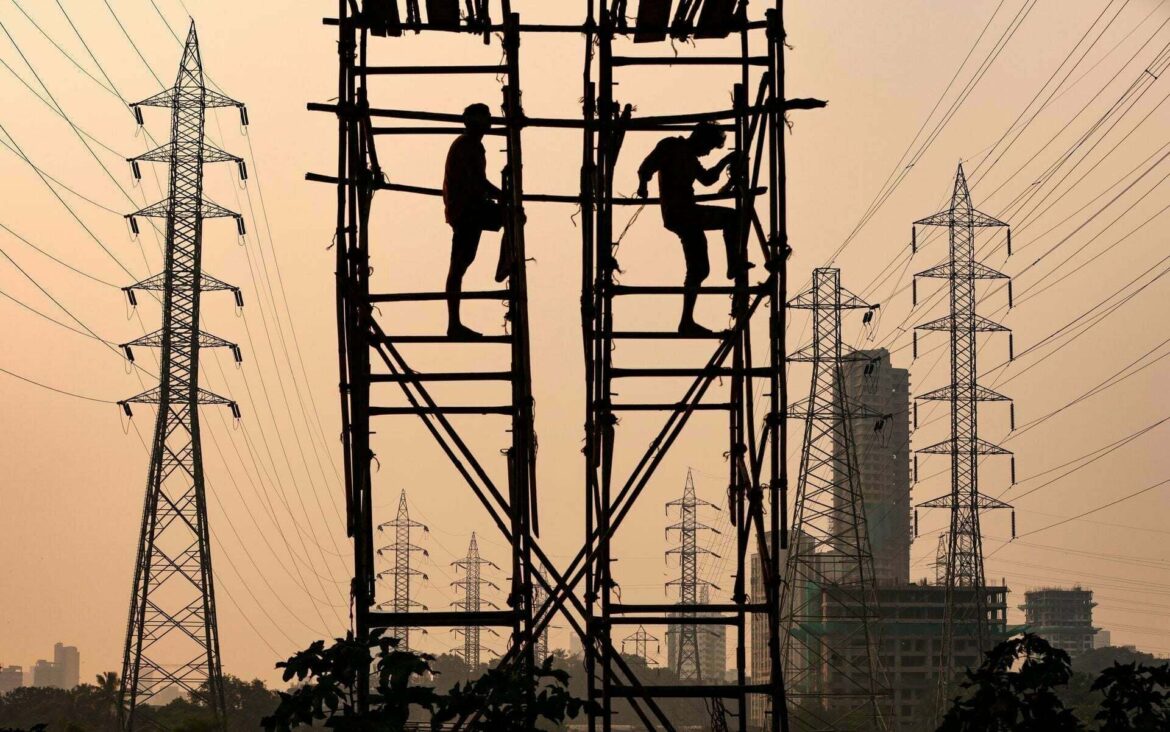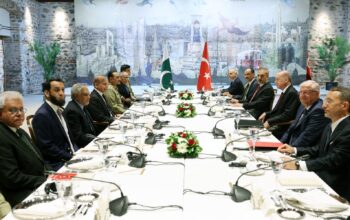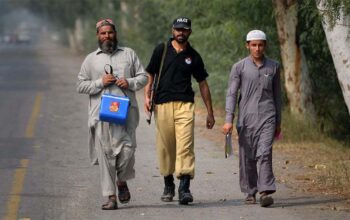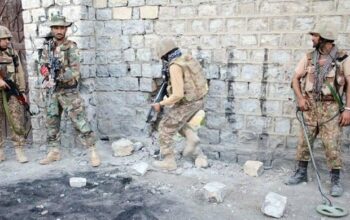By Staff Reporter
ISLAMABAD: Pakistan is struggling to keep the lights on as a foreign-exchange crunch limits its ability to import fuel for power generation, a senior official said.
The country’s electricity regulator said on Tuesday that demand for power was outstripping supply by as much as 6,000 megawatts, or about 22 percent, forcing it to impose load-shedding across the nation.
Tauseef H Farooqi, chairman of the National Electric Power Regulatory Authority (NEPRA), told a Senate committee that 63 percent of Pakistan’s electricity came from imported fuels, which had become more expensive due to a weaker rupee and higher global prices.
Farooqi said the average cost of generation had risen to Rs33 rupees per kilowatt-hour, while the cost of power from liquefied natural gas plants was Rs24-24.5 per kWh.
“The cost of imported fuel generation increases by 20 percent when the price of imported fuel increases by 10 percent and the rupee-dollar parity is 280,” he said.
Pakistan has been grappling with chronic power shortages for decades, despite having an installed capacity of more than 40,000 megawatts. The country relies heavily on imported fuels for power generation, which has become more costly due to a weaker rupee and higher global prices.
With sky-high inflation and foreign exchange reserves barely enough for a month of imports, the government imposed stringent import restrictions to manage the economic turmoil.
The country had failed to purchase liquefied natural gas (LNG) from the spot market last month, with no suppliers of the power-station fuel offering cargoes. This development is concerning for Pakistan’s 220 million citizens, who have faced multiple long-running power cuts because of gas shortages.
No companies responded to Pakistan LNG’s attempt to purchase six shipments of LNG, and while the exact reasons for this remain unclear, the increasingly weak standing of the Pakistani rupee could be to blame.
Media reported that several overseas banks refused to accept letters of credit from Pakistani banks for LNG purchases, making suppliers hesitant to offer LNG for sale.
Major cities including Karachi, Lahore, Peshawar, and Quetta faced hours-long blackouts as power distribution companies resorted to load-shedding, a practice of cutting off supply to some areas to balance demand and supply.
K-Electric Ltd., the sole power provider in Karachi, said it was conducting load-shedding based on a “periodic assessment of losses and recoveries on the network”.
The company said more than 70 percent of its network was receiving uninterrupted power supply, while the rest faced outages due to high theft and non-payment of bills. “Yet the company provides power to these regions for 14 hours a day,” it said in a statement.
Electricity tariffs had more than doubled in the past year, adding to the woes of consumers and businesses.
The regulator said the power sector’s circular debt, which reflects a form of public debt that builds up in the power sector due to subsidies and unpaid bills, was expected to drop to Rs2.37 trillion by the end of June from Rs2.646 trillion rupees a month earlier.
He said power generation from Thar coal, a domestic source of fuel, was a blessing as it produced cheap electricity.
Farooqi opposed load-shedding based on aggregate technical and commercial losses, a measure of inefficiency and theft in the distribution system.
Saif Ullah Abro, chairman of the Senate Standing Committee on Power, said the government should end load-shedding as it was paying over 1 trillion rupees in capacity payments to independent power producers for idle plants.
The committee also discussed a controversial contract for a 765-kilovolt transmission line from Dasu hydropower project, which is funded by an $800 million loan from the World Bank.
The committee decided to hold a closed-door meeting as officials from the National Transmission and Despatch Company refused to share bidding documents due to a confidentiality clause with the World Bank.
Abro said the NTDC team was responsible for any mis-procurement and asked them not to drag the World Bank into the controversy.
Copyright © 2021 Independent Pakistan | All rights reserved




